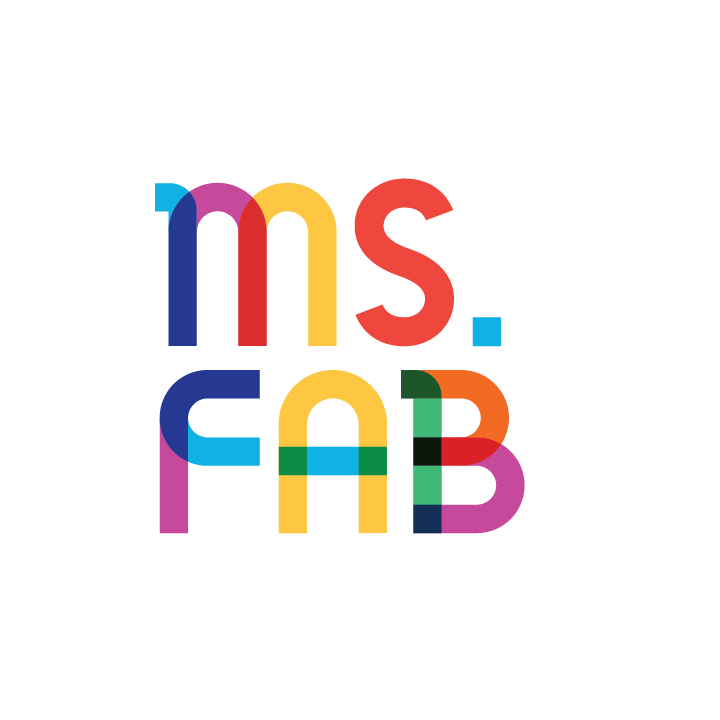Vuja De
Young kids and innovators share an important trait:
What everyone else takes for granted, they see as new and ripe with opportunity.
Let’s explore the power of vuja de.
Déjà vu occurs when we encounter something new, but it feels as if we’ve seen it before.
Vuja de is the reverse.
“We face something familiar, but we see it with a fresh perspective that enables us to gain new insights into old problems.” — Adam Grant
Let’s consider the founders of Warby Parker, an American online retailer of prescription glasses and sunglasses.
For decades, everyone assumed glasses had to be expensive. Paying exorbitant prices for eyewear was the familiar default.
Then, a few friends took a step back and asked the hard question: “Why?”
With a little investigation, they uncovered a monopoly. One company owned LensCrafters, Pearle Vision, Ray-Ban, and Oakley, and the licenses for Chanel and Prada. This allowed them and their middlemen to charge extremely high prices.
Customers didn’t have other options.
Once the friends identified the problem, the solution was clear. They needed to own the whole process, from glasses design and eye examines to distribution (stores and web.) This allowed them to cut out all the middlemen and pass all the savings on to customers.
The founders of Warby Parker used a vuja de mindset.
They looked at a familiar situation from a fresh perspective. They questioned the default and built a $3B business in the process.
Vuja de is the secret to creative innovation in business, life, and everything else.
The best part? It’s a mindset anyone can adopt.
Here are five tactics to adapt a vuja de mindset:
1. Take a step back and observe from a distance
When we step back and reexamine something we’ve been looking at the same way for years, we suddenly feel as if we’re seeing it for the first time.
“We’re seeing essentially the same realities and situations. But with more distance, a bigger picture comes into view. We may now be able to see the overall context; we might notice the patterns and relationships between things we’d previously thought of as separate.” — Warren Berger, Author of A More Beautiful Question
2. Reject the defaults
When we reject the defaults we start to notice inconsistencies, outdated methods, and overlooked opportunities.
“The hallmark of originality is rejecting the default and exploring whether a better option exists. The starting point is curiosity: pondering why the default exists in the first place.” — Adam Grant, Author of The Originals
3. Ask deeper questions about what you notice
When we take a step back and look at a situation from a different lens, we are able to ask better questions.
“This means thinking of things that are usually assumed to be negative as positive, and vice versa. It can mean reversing assumptions about cause and effect, or what matters most versus least. It means not traveling through life on automatic pilot.”— Bob Sutton, Stanford University professor and author
4. Go into the mindset of a child
Young children naturally have a vuja de way of looking at the world. To them, everyday things look strange and unusual. They observe the mundane as if they were witnessing something fresh and fascinating.
As they grow older and enter school, many switch from vuja de to autopilot.
The good news is that mindsets are flexible, and we can always take a step back in time and embrace our inner child.
“When the familiar becomes this sort of alien world and you can see it fresh, then it’s like you’ve gone into a whole other section of the file folder in your brain, and now you have access to this other perspective that most people don’t have.” —Kelly Carlin, Author and Comedian
5. Keep looking
Look for not only what’s there but what’s missing.
This takes patience and persistence, and most people give up in the process.
“Einstein talked about looking for the needle in the haystack and finding it—at which point most people stop looking. The secret, he said, is to keep looking, in search of an even better needle." — Warren Berger, Author of A More Beautiful Question
With a vuja de mindset, we can uncover new ideas, novel challenges, and exciting opportunities hiding in the familiar.
I explore ideas like this in Fab Fridays, my newsletter on childhood education with a twist + new ways to learn.
Subscribe below!


